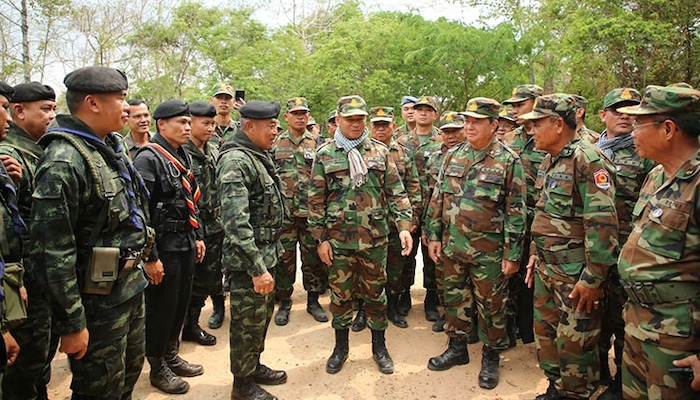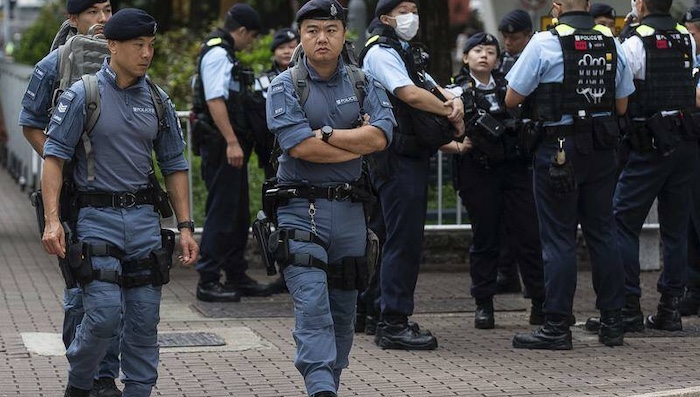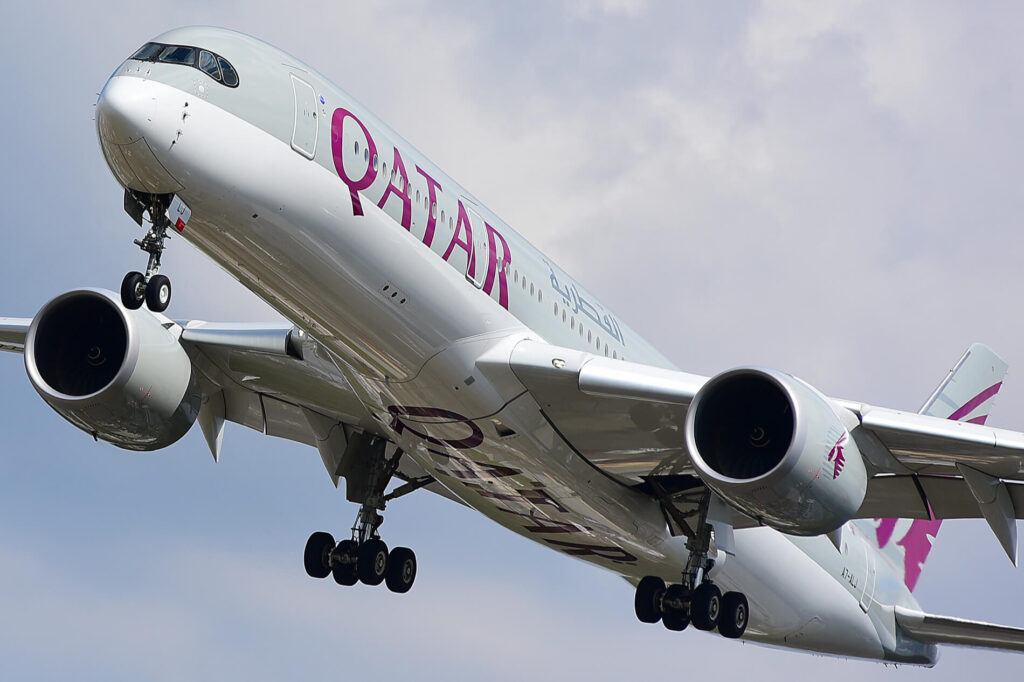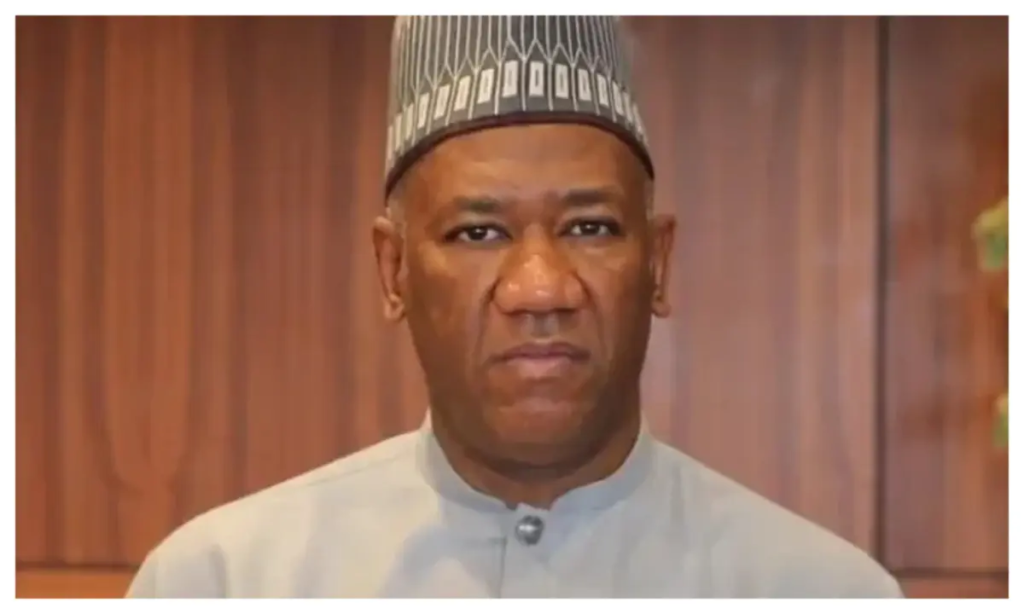The U.S. is working to “cool tensions” in the Middle East as concerns grow over a potential Iranian retaliatory strike against Israel, according to the U.S. Ambassador to the UN, Linda Thomas-Greenfield. Speaking at the UN Security Council on Tuesday, she emphasized the U.S.’s commitment to “deter and defend against any future attacks and prevent regional conflict.”
These concerns arise following the assassination of Hamas leader Ismail Haniyeh in Tehran in July, an act for which Israel has not taken responsibility. President Joe Biden hinted that reaching a ceasefire between Israel and Hamas in Gaza might help dissuade Iran from retaliating against Israel.
Biden, speaking to reporters on Tuesday, expressed cautious optimism about the situation, stating, “We’ll see what Iran does, and we’ll see what happens if there’s any attack, but I’m not giving up.”
Ceasefire talks are scheduled to resume on Thursday, either in Doha or Cairo, but a Hamas official in Lebanon, Ahmad Abdul Hadi, has indicated that Hamas will not participate, as reported by the New York Times and Sky News.
Meanwhile, Secretary of State Antony Blinken has delayed a planned trip to the Middle East to engage in the Gaza ceasefire negotiations. International mediators from the U.S., Egypt, and Qatar are pushing for a deal that would involve the release of Israeli hostages in exchange for Palestinian prisoners in Israeli jails.
Additionally, the U.S. has approved $20 billion in new arms sales to Israel, including 50 F-15 fighter jets and a range of military supplies. These aircraft are expected to be delivered starting in 2029.



























